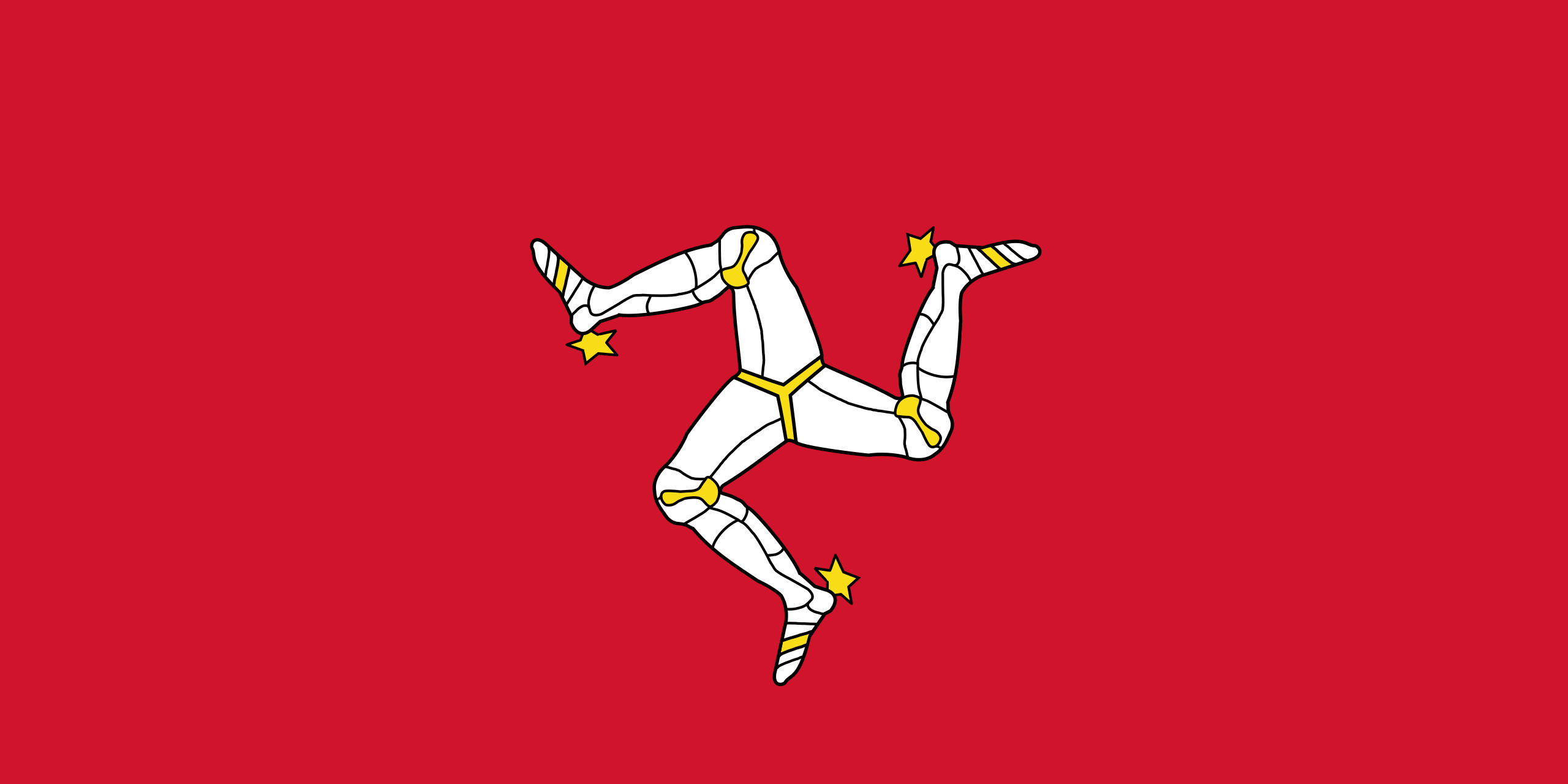Overview of the Isle of Man Gambling License
The Isle of Man Gambling License system is built on the Online Gambling Regulation Act 2001 (OGRA), a framework respected by banks and payment gateways worldwide. All commercial online gambling aimed at non-resident players must hold an OGRA licence; operating without a license is a criminal offence.
A standard OGRA permit runs for five years, is renewable, and lets the licensee offer multiple gambling activities – casino games, sports betting, bingo, poker, lotteries – under one badge.
The jurisdiction operates under independent rules separate from the United Kingdom, though it maintains the political stability and legal framework of a British territory. The Isle of Man is on the OECD whitelist and offers a corporate tax rate of 0% for most businesses. The jurisdiction’s inclusion on the UK Gambling Commission’s whitelist allows operators to advertise in the UK market.
Role of the Isle of Man Gambling Supervision Commission (GSC)
The Isle of Man Gambling Supervision Commission serves as the independent regulatory authority responsible for licensing and supervising all gambling activities on the island. The GSC was established in 1962 to protect the interests of gamblers by ensuring that gambling remains fair and crime-free and that players receive their winnings. It’s responsibilities include:
- Assesses each license applicant’s suitability and competence.
- Issues guidance, enforces the Gambling (Anti-Money Laundering and Countering the Financing of Terrorism) Code 2019 and other AML measures.
- Publishes public statements when a license holder breaches the Code of Practice.
- Updates policy – new enforcement rules came into force on 1 July 2024.
Types of Gambling Licenses
| Type of license | Key use | Main fees |
|---|---|---|
| Full License | B2C; take bets, run games, contract sub-licensees | £5 250 application + £36 750 p.a. |
| Network License | Full licence + accept already-registered external players on an Isle of Man server | £5 250 app + £52 500 p.a. |
| Sub-License | B2C tied to a full-licence partner; limited game list | £5 250 app + £5 250 p.a. |
| Software Supplier License | B2B distribution of RNG or live content | £5 250 app + £36 750 p.a. |
| Token/Blockchain-Based Software Supplier License | Provide crypto or NFT gaming tech | £5 250 app + £52 500 p.a. |
Full License
A full license lets the operator run all permitted gaming products and contract sub-licensees. Full license holders must keep a designated official resident on the island.
Network License
A network services license allows a platform to onboard players already KYC-verified by partner sites – no need to re-register players on the Isle. This reduces friction for global brands.
Sub-License
A cost-effective entry for start-ups that piggy-back on an established full-license partner’s technology and compliance stack. The license cost is flat.
Software Supplier License
A voluntary permit proving software is pre-approved; speeds deployment to Isle of Man licensees.
Token/Blockchain-Based Software Supplier License
Targets crypto-game studios; same supervisory standards plus extra wallet and smart-contract checks.
Requirements for Obtaining a Gambling License
Obtaining an Isle of Man gambling license requires meeting specific eligibility criteria established by the GSC. The fundamental requirement is that licenses can only be issued to companies incorporated in the Isle of Man.
- Company in Isle of Man with at least two local directors.
- Business plan showing capital, risk controls and projected gross gaming yield.
- Local designated official or operations manager.
- Bank account with a bank in the Isle for player funds.
- Servers or fail-over mirrors hosted on the island.
- AML and responsible gambling policies that meet the 2019 Code.
- External testing of RNG and live systems before go-live.
Application Process for Obtaining a License
The application process follows a structured approach designed to ensure thorough evaluation while maintaining reasonable processing timeframes. The process typically takes 10-12 weeks once the GSC is satisfied that the application has been submitted complete.
| Step | Action |
|---|---|
| Pre-file call | Discuss scope with GSC, choose type of license |
| Submission of the Application | File forms, KYC for founders, pay £5 250 application fee |
| Regulatory review | GSC checks ownership & control, AML, player protection |
| Interview | Present controls, hosting, payment flow |
| Decision | GSC issues licence or queries |
Cost Structure of Gambling Licenses
The cost structure for Isle of Man gambling licenses involves several components that operators must budget for during the application process:
- Application fee: £5 250 all licence types.
- Annual fees: £36 750 (full), £52 500 (network), £5 250 (sub), £36 750 (software), £52 500 (token).
- External costs: corporate formation ≈ £6 000, compliance staffing variable.
Taxation and Financial Benefits
The Isle of Man offers one of the most attractive tax environments in the gaming industry. The jurisdiction provides significant financial advantages that make it appealing to gaming operators worldwide:
- Gambling duty: 0.1%–1.5% of gross gaming yield, tiered; maximum rate applies to GGY < £20 m.
- 0% VAT and 0% capital duty on foreign play.
- 0% corporate tax on e-Gaming profits under designated concession.
Application Timeline for Gambling Licenses
The GSC targets 10–12 weeks from “file complete” to approval. The official period begins when the inspectorate issues a letter confirming application acceptance. Add 2–4 weeks for company set-up and hosting. Realistically, taking into account required preparatory work, an Isle of Man license can be obtained in around six months end-to-end
Compliance and Ongoing Obligations
Licensed operators must maintain ongoing compliance with GSC requirements throughout the license validity period. The commission conducts regular monitoring to ensure continued adherence to regulatory standards:
- Quarterly duty returns and annual audit of financial records in accordance with GSC rules.
- Continuous AML monitoring under the 2019 Code; updates proposed in 2025 consultation.
- Public-statement risk if material breaches occur.
- Mandatory self-exclusion and problem-gamble registration checks.
- Incident reporting within 24 hours for major system failures or data loss.


